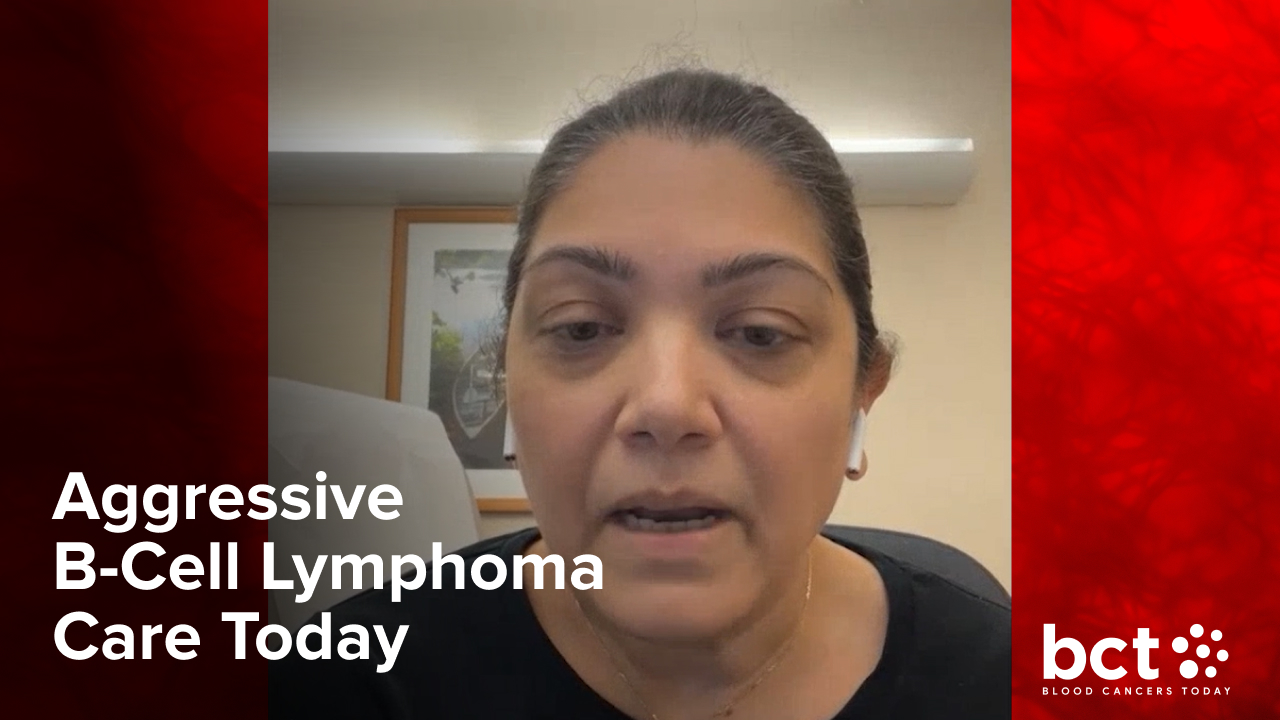
Infection is a major driver of intensive care unit (ICU) admissions after hematopoietic cell transplantation (HCT), according to a study published in Hematology.
Researchers from the Gazi University in Ankara, Turkey, retrospectively evaluated admissions to the ICU between January 2014 and September 2017 among patients who received HCT. Overall, 62 patients were admitted to the ICU during the study period, including 29% who received HCT for treatment of multiple myeloma. The median patient age was 55.5 years, and 58% of patients received allogeneic HCT.
More than half of ICU admissions were related to sepsis or septic shock (61.3%) and acute respiratory failure (54.8%). Thirty-eight patients developed new infection during their ICU stay. Pneumonia and ventilator-associated pneumonia (VAP) were the most common causes of new infection. Factors associated with ICU-acquired infection were length of ICU stay, sepsis or septic shock as reason for admission, and presence of urinary catheter at admission. Patients treated with autologous HCT were more likely to develop pneumonia or VAP in the ICU than allogeneic HCT patients. Bloodstream or catheter-related blood stream infections were more common in the allogeneic HCT group compared with the autologous group.
The overall ICU mortality rate was 45.2%. APACHE II scores were found to be an independent risk factor of ICU mortality. There were no difference ICU morbidities or mortality between autologous or allogeneic HCT.
In conclusion, the authors wrote, “Early or late post-HCT infections and related complications (sepsis, organ failure, etc.) constituted a major part of the reasons for ICU admission, ICU mortality and ICU morbidities.”






 © 2025 Mashup Media, LLC, a Formedics Property. All Rights Reserved.
© 2025 Mashup Media, LLC, a Formedics Property. All Rights Reserved.